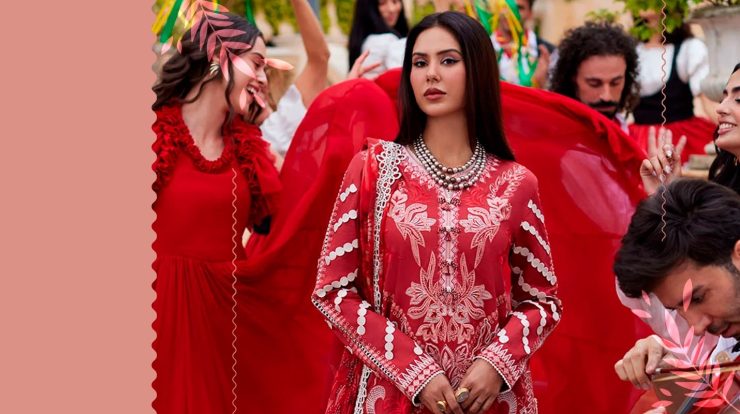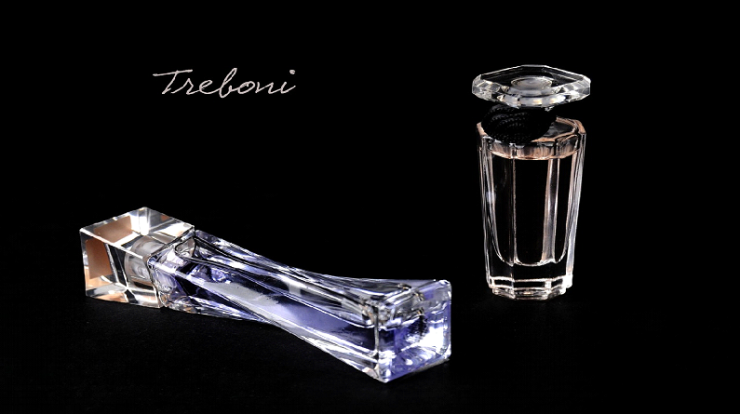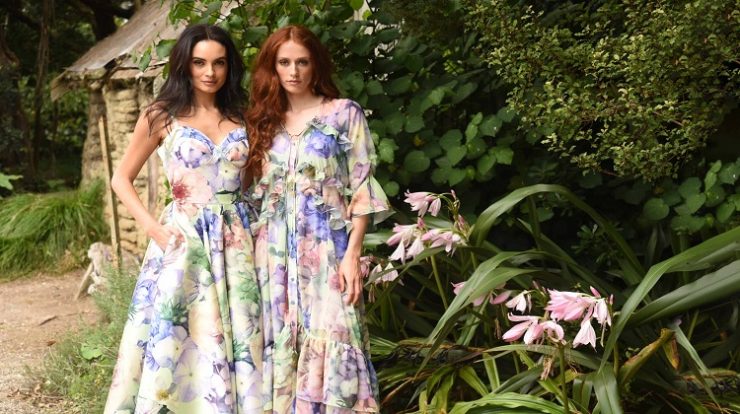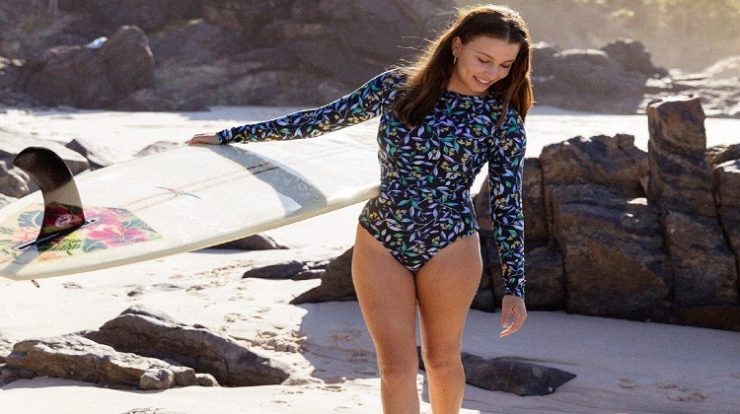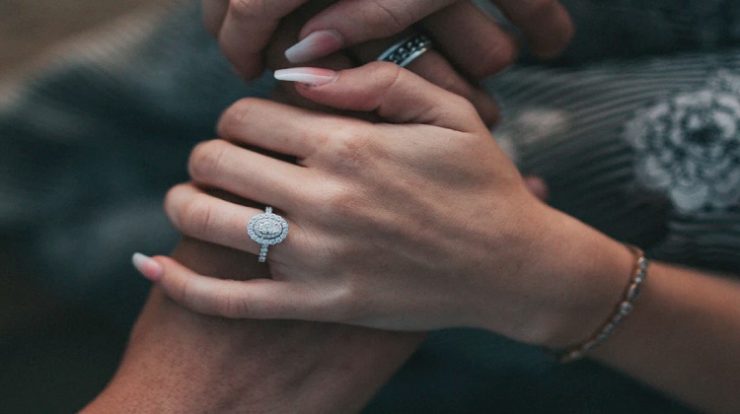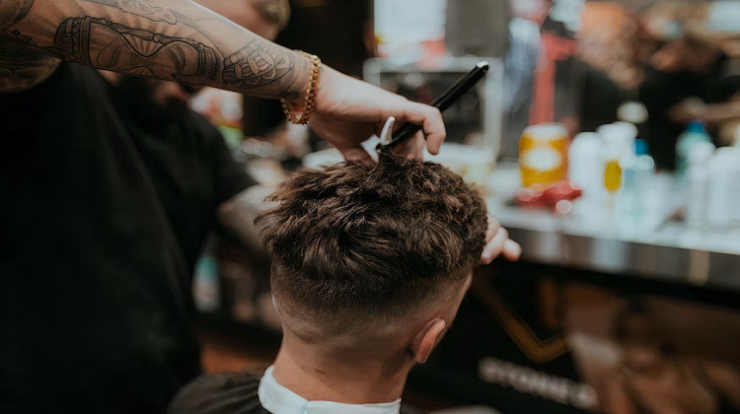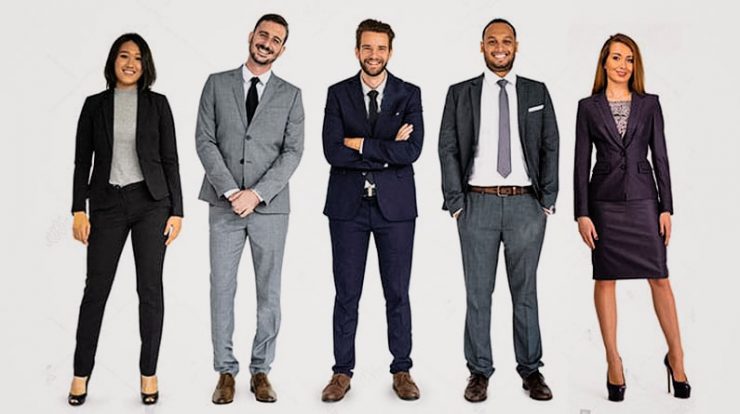
You’ve practised responding to the most frequently asked interview questions, honed your elevator pitch, and printed additional copies of your meticulously edited and typo-free resume. Now all you need to do is figure out what to wear to a job interview and look the part, which isn’t always as straightforward as it appears.
To determine whether you should wear a suit and tie or perhaps a more casual outfit, you must conduct extensive research prior to the interview, says Bill Gentry, director of the career and professional development at High Point University. He suggests visiting the company’s website and speaking with coworkers about the company’s culture, work environment, and dress code.
If you notice that everyone is dressed in suits, you should as well. If everyone else is wearing jeans and flip-flops, “dress up a notch,” Gentry advises.
If you’ve determined that you must wear a suit to your interview, you’ll still need to narrow down the available colours, patterns, and accessories before you’re prepared to make a good impression. Do not be concerned. We’ve consulted experts to help you determine the proper attire for a job interview.
If the interview dress code is formal
For roles in finance and investment banking, management consulting, law, and government, “we recommend wearing a dark suit [navy, dark grey/charcoal, or black] with a white shirt,” says Julia Rock, founder of Houston-based career coaching firm Rock Career Development. “You may substitute a coloured shirt for the plain white one, but avoid loud or excessively bright colours [red or orange].”
In a formal workplace, men should wear ties. Choose a solid colour or one with a simple pattern (such as stripes), not one that draws the interviewer’s attention away from what you learned in grad school and toward why your tie features bulldogs.

If business casual interview attire is more prevalent
If you’re applying for a creative job, such as advertising, journalism, or fashion, you may not even need to wear a suit, says Annette Harris, president and founder of ShowUp!, a personal brand coaching firm based in Washington, D.C. Dressing in suit separates may suffice. Combining trousers, skirts, and blazers results in a polished, professional appearance. “
Even if you’re applying to a job where the CEO is always dressed casually in jeans, a T-shirt, and a hoodie—we’re looking at you, Mark Zuckerberg—you should dress more formally than your boss or even your boss’s boss. And if you’re interviewing for a senior position, you should still dress appropriately, but you can push the envelope a bit if you’re comfortable doing so. Stick with a suit, but feel free to experiment with bolder colours such as royal blue or purple, less conventional styles, and accessories that “pop” to communicate your creative prowess, Harris advises.
If you’re dressing professionally and impeccably for an interview
It is insufficient to master the shirt-and-suit combo. Additionally, you must connect everything. If you throw on a pair of sneakers, a baseball hat, four-inch heels, or loud costume jewellery, your interview outfit is instantly ruined.
Choose a tie, scarf, or another accessory that is appropriate for the occasion but does not scream, “Look at me!”, advises Stacey Berk, founder and managing consultant of the Maryland-based human resources–strategic consulting firm, Expand HR Consulting. Combining polished low-heel shoes with a briefcase or portfolio (complete with resume and references!) completes the look.
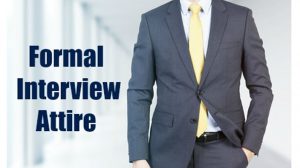
The secret to being noticed
While knowing what to wear to a job interview will undoubtedly help you make a good first impression, nailing a job interview comes down to your responses to a hiring manager’s questions. After all, this is not a runway show. Want to ensure that you’re properly dressed in that area? Join limepret today for free. As a member, you’ll receive career advice and job search tips delivered directly to your inbox, ensuring that you always present your best (polished) self. From “Why should we hire you?” to “Do you have any questions for us?”, you’ll learn how to craft concise, meaningful responses to whatever they throw at you. And then you’ll likely have to decide what to wear to your next interview.

